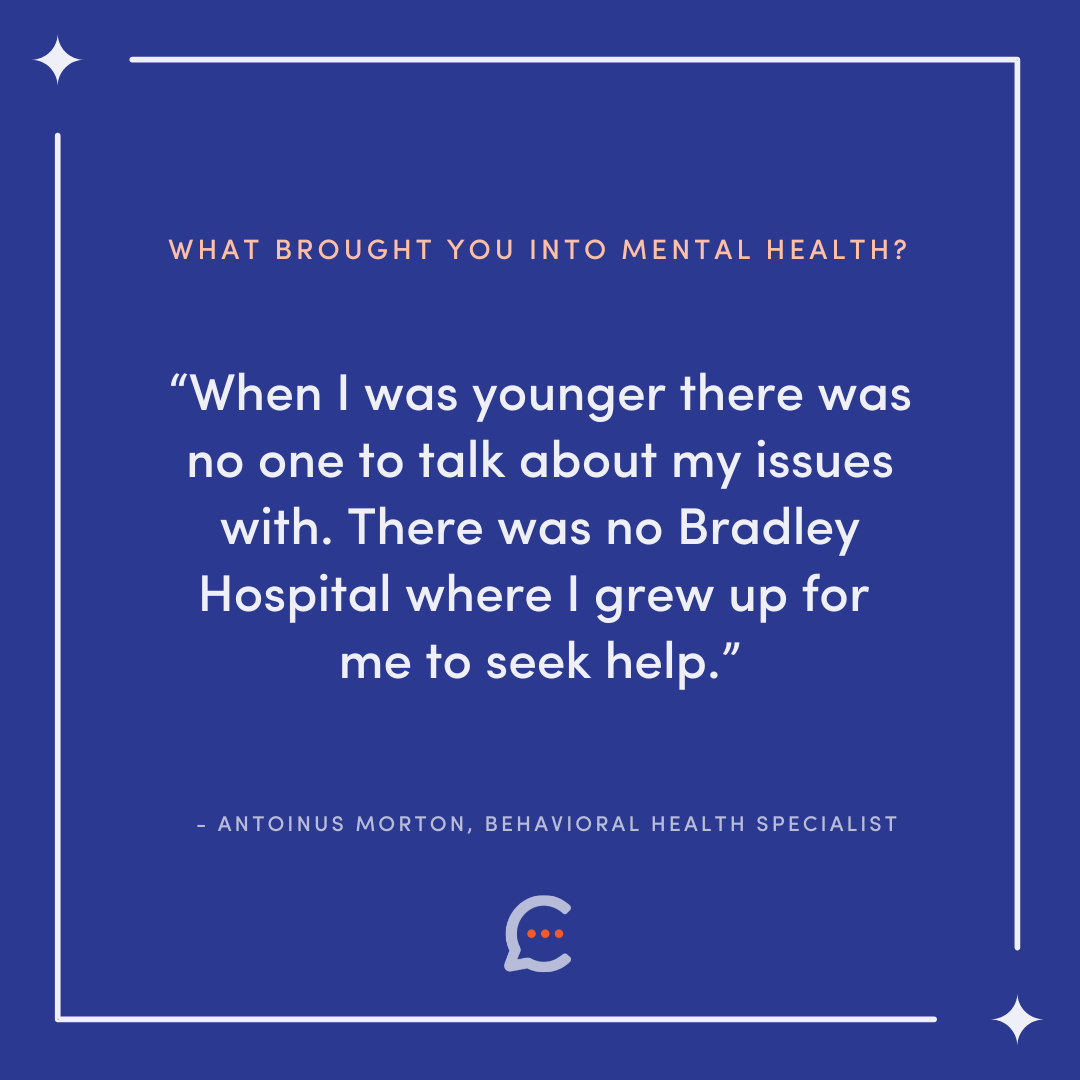Bradley REACH Blog.
To refer a child under your care please call (877) 992-2422 or contact us here.
Dispelling Myths About ADHD
In order to fully understand ADHD, we need to first understand the myths. Let’s start with the name – Attention Deficit Hyperactivity Disorder – a technical name that can come with a lot of myths, stigma and anxiety.
How Bradley Partners to Improve Care
During a crisis in child and adolescent mental health, more families are suffering than ever before. Across the country providers are struggling to keep pace with increased demand for services, often building new units and facilities to meet growing needs.
What is Trauma?
1 in 7 children in the US experienced neglect or abuse in the past year. Additionally, more than 1,000 children and adolescents are treated in EDs every day for physical assault-related injuries, approaching 400,000 children per year.
Why Telehealth Matters.
We realized the huge potential of virtual intensive programs to address the national emergency in children’s behavioral health.
Why I REACH: An Interview With a Behavioral Health Specialist
Why I REACH: An Interview With a Behavioral Health Specialist
7 Tips for Supporting Your Teen’s Return to School
A new school year can bring a variety of emotions and often prompts teens to need additional support. Here are 7 tips that all parents can do to smooth the transition into the school year.
A Brighter Future for Teenagers’ Behavioral Health in the Sunshine State
Knowing that one in five children experience behavioral health issues, the need for more treating clinicians in Florida is evident. That’s where our partnership with Bradley Hospital and its child and adolescent psychiatrists comes in.
Healthy Parenting Without a Manual
Parenting is hard. Often the parenting you are providing is enough as long as you have built a healthy foundation of trust with your child. Parenting is usually not as much about what I want my kids to do or who I want them to be, but who I want to be.
Parenting Teens from a Developmental Perspective
The transition from childhood to adolescence is complicated on many levels, including from a parenting perspective. Developmental changes including biological, psychological and social changes make parenting adolescents very different from parenting younger children.
Understanding Anxiety
It is important to understand more about anxiety. We all face anxiety and it is not necessarily a negative experience. Anxiety activates the fight or flight response and lets us know there is danger. It can help keep us alive. It has a purpose.
The Growing Evidence for IOPs and PHPs
At a time of national crisis in adolescent mental health, this emerging evidence about treatment programs that work provides a glimmer of optimism that there are things we can do to help teens and their families. With resources and high-quality care, things can get better.
Why It Makes Sense to Focus on Mental Health in the Summer
In reality though, the sun being out doesn’t mean that mental health challenges disappear. The good news is that summer can be an ideal time to address mental health challenges and set your teen up for success over the year ahead.
Intersecting Identities: Celebrating Autistic Pride
Individuals on the autism spectrum are characterized by differences in social communication and interaction, and in restricted and repetitive behaviors and interests. Up to 35% of autistic youth identify as LGBTQIA+, making them an important part of the queer community. The National Autistic Society provides more information on the relationship between gender identity and autism.
Spaces of Belonging and Affirmation for Pride Month and Beyond
June is Pride month. But from a mental health perspective, creating safe spaces for LGBTQIA+ people has to be something we focus on year-round. Written by our own Psychologist, Molly Hedrick.
Social Media & Teen Mental Health
Spending more than three hours per day on social media puts teens at double the risk of experiencing symptoms of depression, anxiety, or other negative mental health related outcomes. There may be an especially high risk for worsening mental health symptoms for teen girls and those who already struggle with their mental health when using social media.















